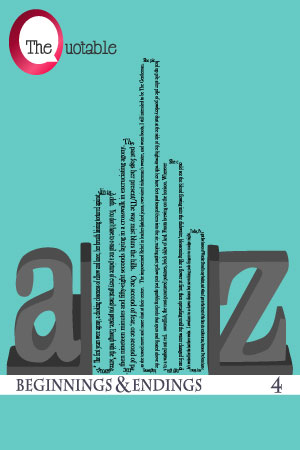And after her sin they packed her screaming into the folds of the box.
Their skin was already clammy to the touch, the sallow chill of something twice-drowned. She bit and she scratched, feeling runnels of flesh and carrion blood rise under her nails, their hands kissing bruises on the umber darkness of her skin.
They did not speak.
There was nothing to be said.
Above her bent-back head, between the blindfold heaviness of their fingers, she could already see the darkness in the sky, the spreading tears, the light shining through in pale parallel of colors already forgotten. She prayed for rain, her feet scrabbling at the edges of the clay they packed around her. Just rain, nothing more. Something to wet her lips before the dark.
They pushed her head downwards with meaty palms and hauled the lid into place.
The first years were agony, a choking closeness of elbow and knee, her breath hissing tortured against skin and cloth. The clay inside the box slowly dried around her. The lid brushed her forehead as her weak struggles lessened. If anyone could hear her, they gave no sign. The world was ending outside the box, her sin casting a thousand shadows, supple and quick to anger. She had thought it so small when her fingers raised the clasp.
After a century had passed, the box’s inhabitants began to speak.
They spoke in the rushing tightness of her breath, in the creak of limb and sinew. They whispered in the chirr of drying clay.
When she listened, when she listened hard, craning her neck in the inch-wide space that was allowed to her, she could make out what they said. The darkness aged around her, and they spoke overlapping, demanding answers, begging for solace. They blamed her for the sunlight, and they blamed her for the intrusion of her tears on their cracked-clay skin. She struggled, and she wept, and they continued to speak.
The box was forgotten in the chaos that followed. We do not remember those times; the pain and the terror and the lights in the sky. We burnt our records and we forgot the stories, and somewhere in those charred, flaking sheaves lay Pandora’s name and Pandora’s crime. We watched them burn the map that marked where they buried her, and forgot the way she prayed for rain.
The clay still whispers, a thousand voices a thousand, and she waits for someone to drive iron into soil and bring the box back into the light. She prays they will repeat her mistake, and her fingers remember the shape of the clasp. Until then she lies there, folded in dirt and wood, down in the darkness.
With Hope.
Dave Rudden is a writer and performance storyteller currently living in Dublin. His work has appeared in Daydreamer Magazine and the Minus 9 2011 Anthology. His short story ,“Senescence,” won the Fantasy Book Review 2011 Short Story competition. He would like to assure you that his disheveled nature is a writerly affectation and not the result of extreme poverty.










